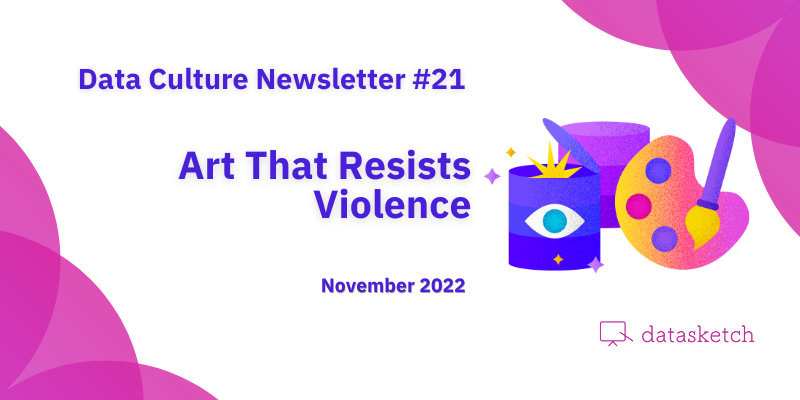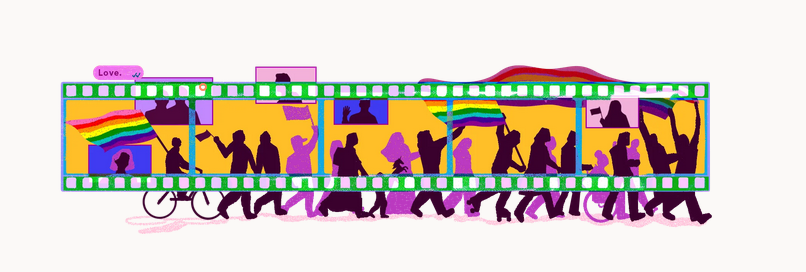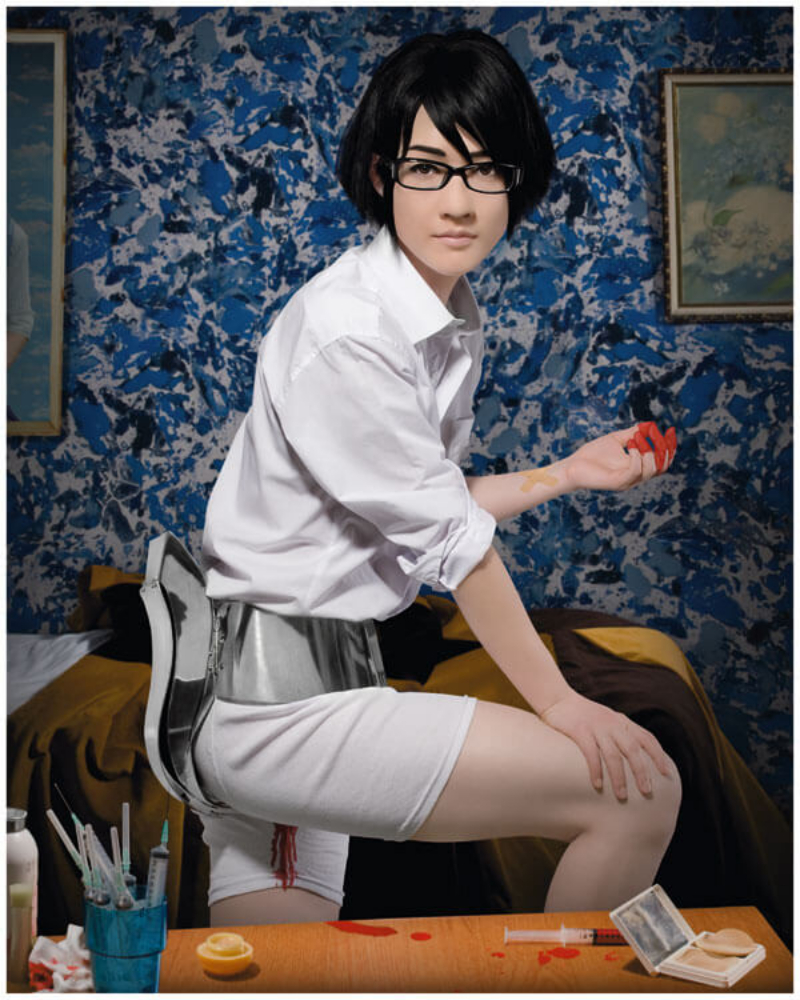Art That Resists Violence - Data Culture #21
We dedicate this newsletter to talk about art as a space of resistance against violence and a means for initiatives with a gender perspective.
Available in:

We dedicate this newsletter to discussing art as a space of resistance against violence and a means for initiatives with a gender perspective. We have selected five inspiring projects and events to give you hope in 2022. Enjoy the read! 🛋️
Spaces to resist
Different types of violence and discrimination against women continue to be a problem worldwide. That’s why in our open government, culture and data journalism newsletters this month, we dedicate a space to expose some initiatives to eradicate these acts of violence. Write to newsletter@datasketch.co with your topics of interest to subscribe.
This issue of the Data Culture newsletter comes with projects that claim sexual and reproductive rights:
Stories define identities and this has real-life consequences. The film has been the mechanism for Southeast Asian queer creators to present and tell their own stories to claim their place in society’s narratives, little by little. In doing so, they have fought against violence and lack of rights in Indonesia, Vietnam, Thailand, Philippines, Myanmar, Cambodia, and Singapore, among others.

Source: Kontinentalist.
Sputniko! or Hiromi Ozaki has become a paradigm in Japanese art and society. From her experience with engineering and gender inequality in Japan, she designed an artistic proposal that links machine learning, neural networks and bioinformatics to talk about menstruation, menopause and pregnancy. Thus, Sputniko! has questioned the place of technology in people’s lives and its sparse use to solve problems for women and minorities.

Source: Right Click Save.
Data against femicide
Visibilities: art and femicide data is a proposal to think of other ways of communicating and disseminating data on femicide. The central theme is the visibilities and artistic practices developed around the data. You will find from meetings and conversations to data and illustration workshops and activist embroidery. Participate!
Five things we love
- ⚕️ Florence Nightingale and big data | BBC Ideas video. Story of Florence Nightingale, who became an expert in infographics and data with her knowledge of statistics and nursing.
- 🎧 Listen to Wikipedia | Listen to a sound bite of Wikipedia changes. Green circles show edits by unregistered contributors and purple circles mark edits that were made by bots.
- 🌌 Always present: memory and stars (es). The Bogota Planetarium and El Centro de Memoria invite you to look at the sky and observe the symbolic construction of a monument composed of stars and asterisms for the missing persons in Colombia.
- 🇮 All roads lead to Rome | Python Maps on Twitter. This map shows the roads built by the Roman Empire. So now you will understand the saying that all roads lead to Rome.
- ⚖️ Gender Pay Gap Bot | Automated Twitter account that exposes the pay gap of organizations using International Women’s Day keywords for that date.
Until next time!





